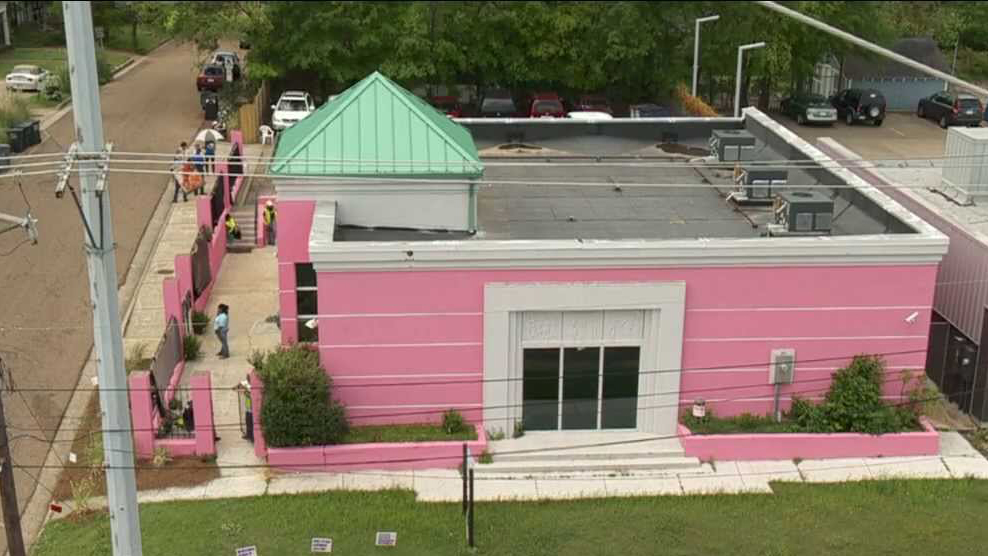In Mississippi, it was business as usual during pandemic
Published 3:34 pm Tuesday, June 16, 2020

- File photo The Jackson Women's Health Organization in Jackson
In March, as the coronavirus pandemic began to grow, hospitals across the country began postponing surgeries. If the Centers for Disease Control and Prevention was right, they’d need all the beds and supplies they could get for a rush of COVID-19 patients. Non-urgent and elective surgeries would have to wait.
That meant doctors in Washington state had to tell a breast cancer patient she couldn’t get her lumpectomy. A Colorado professor’s hip replacement was delayed indefinitely. A young mom’s surgery for stage 4 colorectal cancer got canceled in Los Angeles.
And 6-year-old Mitchell Porter of Minneapolis? Well, that heart valve repair he needed would keep until things settled down.
So while hospitals and dental offices and the like all adapted to the new “new,” a fair number of abortion centers didn’t. For them, it was business as usual. Or maybe even more business than usual in some states.
Here in Mississippi, Gov. Tate Reeves on March 24 told reporters the state’s sole abortion provider, Jackson Women’s Health Organization, would be treated as other non-essential medical facilities. Here’s what he said at a news conference in front of the governor’s mansion:
“The lone clinic in Jackson does in fact operate doing procedures that are elective and not required, and therefore they should be following the guidelines as offered by the State Department of Health. And if they are not, I would be prepared to take additional action.”
But folks inside the loud-and-proud pink building on North State Street evidently didn’t get the memo. They never missed a beat.
Throughout the pandemic, escorts met visitors in the parking lot and took them inside the center. They weren’t standing six feet apart. They weren’t wearing masks. They weren’t doling out hand sanitizer. Besides all that rule breaking, they had daily gatherings of more than 10 people inside the building.
And as governments across the globe struggled to gather medical supplies to save lives from COVID-19, the abortion center stockpiled deliveries for an opposing purpose — to take lives.
Meanwhile, in states reporting a high number of COVID-19 cases, abortion appointments could be hard to get. So women came here seeking what they called “services.” They drove brand-new Camrys and beat up Chevys and Pathfinders with car seats secured in the second and third rows. They had license plates showing points of origin like Louisiana, Texas, and Georgia.
These mothers came here to Mississippi and found open doors, open arms and someone at a desk ready and waiting to take their cash or major credit card. Women in their first trimester could pay $600 dollars for the RU-486 abortion pill. If they had passed the 12-week mark of gestation, the surgical version cost them about 200 more.
One pastor I spoke with has been a regular outside the gate at this abortion center for decades. He told me that the last few months have been the busiest he’s ever seen.
Busy, yes, but escorts wearing rainbow-emblazoned vests still found time to antagonize volunteers on the sidewalks holding out hope and saying prayers. They put buckets of manure in the grass. They covered signposts with ink. They waged a war against the light.
As the world reopens, the coronavirus experts are still wrangling with outcomes and impact. But whatever threats COVID-19 brought, the numbers inside that abortion center remained pretty steady during the pandemic. For some 40 babies each day, the death rate was 100 percent.
You can contact Kim Henderson at kimhenderson319@gmail or follow her on Twitter at @kimhenderson319.




